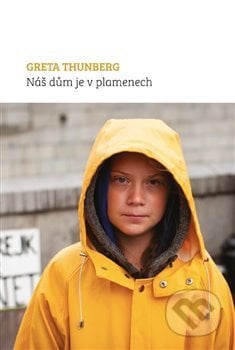
Rehabilitative Postsocialism
Katerina Kolarova's Rehabilitative Postsocialism offers a timely interdisciplinary and intersectional analysis of how disability, race, class, and gender operate as ideological tools within the postsocialist Czech Republic (formerly Czechoslovakia). Kolarova presents postsocialism as an analytic that can and should be brought to bear to understand cultural politics, economic formations, and state politics through the present day. Rehabilitative Postsocialism names disability, sexuality, and race as central yet invisible to negotiations of the postsocialist consensus. Drawing from a rich and varied archive, Rehabilitative Postsocialism maps the formation of new structures of inequalities and social imaginaries of wellness, merit, and justice in order to understand current articulations of global disenchantment with democracy, social justice, and solidarity. The book also makes clear that disability, race, and ethnicity continue to circulate in depictions of Eastern Europe as suspended in a chronic developmental "delay." Rehabilitative Postsocialism both situates this positioning within its political and historical formation and offers the analytical tools to challenge its continued deployment.
- Právě probíhající akce a slevy na knihy
-
Knihydobrovsky.cz | do 12.12.2025
-
Knihydobrovsky.cz | do 17.12.2025
-
Knihydobrovsky.cz | do 24.12.2025
-
Knihydobrovsky.cz | do 24.12.2025
-
Bookshop.cz | do 31.12.2025
- zobrazit všechny akce











